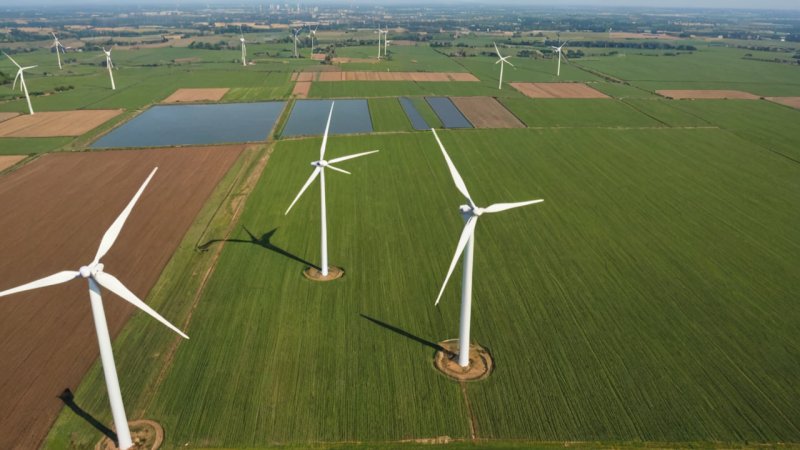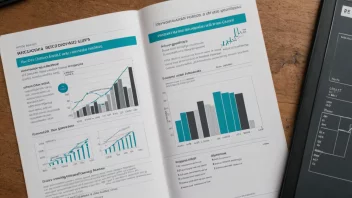As the urgency of addressing climate change escalates, the transition from fossil fuels to renewable energy is emerging as a critical factor in reshaping the global economy. This shift is not merely a trend; it is a fundamental transformation that is influencing industries, job markets, and investment strategies worldwide. Renewable energy sources such as solar, wind, and geothermal power are not only contributing to environmental sustainability but also driving economic growth.
One of the primary benefits of renewable energy is its potential for job creation. The transition to renewable sources is generating millions of jobs across various sectors. According to the International Renewable Energy Agency (IRENA), over 11 million people were employed in the renewable energy sector globally by 2018, and this number is expected to grow. Jobs range from manufacturing and installation to research and development, providing opportunities for a diverse workforce. These roles often emphasize local hiring, which can lead to enhanced economic stability in communities.
In addition to creating jobs, renewable energy investments are fostering innovation. The urgency to develop cleaner energy solutions has spurred significant technological advancements. Companies are competing to create more efficient solar panels, wind turbines, and energy storage solutions. This innovation not only reduces costs but also enhances the performance and reliability of renewable energy systems. For example, the price of solar energy has dropped dramatically in recent years, making it one of the most cost-effective sources of power available.
Furthermore, the shift towards renewables is stabilizing energy markets. Traditional energy sources, particularly fossil fuels, are often subject to price volatility due to geopolitical tensions and supply chain disruptions. In contrast, renewable energy relies on abundant natural resources. By diversifying energy sources and reducing dependency on imported fossil fuels, countries can achieve greater energy security and hedge against price fluctuations. This stability is beneficial for both consumers and businesses, leading to more predictable energy costs.
The renewable energy sector is also attracting significant investment. Investors are increasingly recognizing the potential of sustainable projects, leading to a surge in green finance. Green bonds and sustainable investment funds are becoming more popular, allowing investors to support environmentally friendly initiatives while achieving financial returns. This influx of capital is essential for scaling up renewable energy projects and accelerating the transition to a low-carbon economy.
Additionally, the transformation to renewable energy is crucial for addressing climate change, which poses serious economic risks. Extreme weather events and environmental degradation can lead to substantial costs for governments and businesses alike. By investing in renewable energy, countries are taking proactive steps to mitigate these risks and build resilience against the impacts of climate change. This proactive approach not only protects the environment but also safeguards economic stability in the long run.
In summary, the transition to renewable energy is fundamentally transforming economies worldwide through job creation, technological innovation, energy market stabilization, increased investment, and climate resilience. As this shift continues to unfold, it holds the promise of a more sustainable and economically viable future for generations to come.
The Transformation of Economies Through Renewables
Explore how the shift from fossil fuels to renewable energy is reshaping economies globally, focusing on job creation, technological innovation, and investment.






